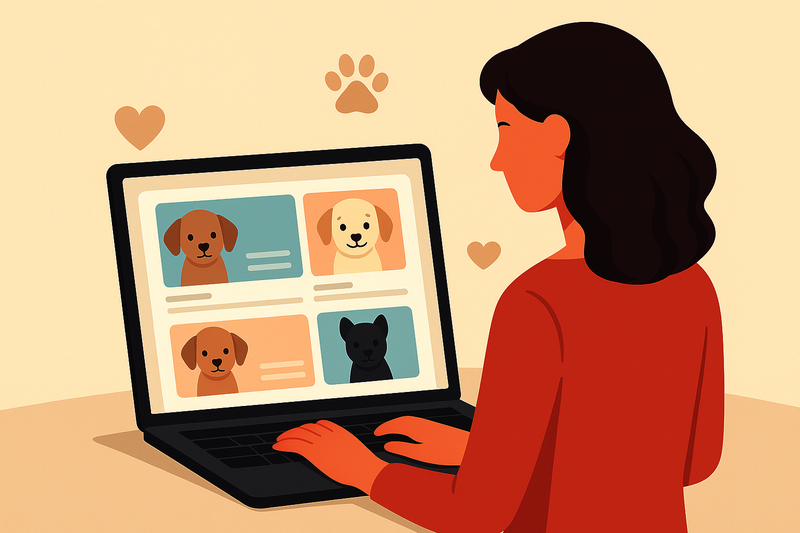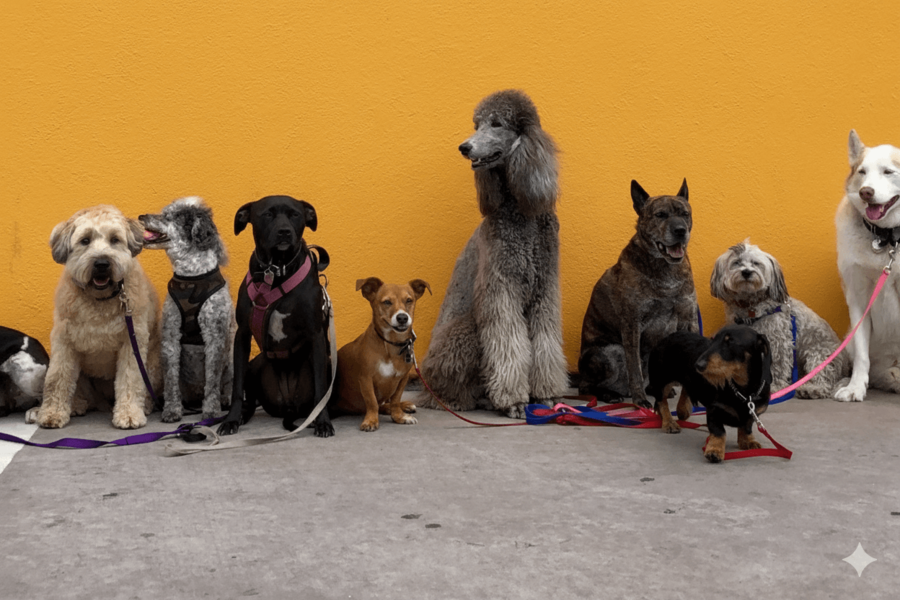Getting and owning a Greyhound can be great fun, and hugely rewarding. Whether you choose to share your home with a new puppy, a mature Greyhound or adopt, you'll be rewarded with many years of happiness and companionship.
Before you commit to any of the dogs for sale on Greyhound Owners and fall in love with a new furry friend, read our expert advice to help ensure your dog is healthy and happy in their new forever home.
Make sure your dog has a suitable place to live
Dogs are intelligent - if they get bored or don't have enough to do, they can suffer (and so can your soft furnishings!).
You need to make sure your Greyhound can exercise every day plus play and interact with people and other dogs (if appropriate). Puppies will be especially inquisitive and playful, so you'll have to make sure there are plenty of entertaining toys or activities.
Your dog also needs to be able to go to the toilet every few hours if they need to - for this reason, we generally advise against keeping any dogs in an apartment, or any home without easy access to a garden or communal grounds.
Make sure your dog has a healthy diet
Your dog needs a well-balanced diet to stay fit and healthy as well as constant access to fresh, clean drinking water at all times. How much your dog needs to eat will depend on things such as age, how active he/she is and their general health. If your dog eats more food than necessary, they will become overweight and may suffer.
Certain dog breeds can be particularly greedy and will continue eating much more than is required; treats and snacks should be strictly rationed and included in your dogs daily nutritional requirements - if you are doing some serious training with lots of treat rewards, be sure to reduce the amount of food in their regular meals accordingly.
We always recommend feeding a high quality grain-free kibble, combined with a grain-free wet food if desired. A lot of dogs have allergies to grains contained in a lot of regular dog food and it can cause various health problems. A grain-free diet also tends to be of a higher quality.
Always ask your vet for advice on what, and how much, to feed your dog.
Make sure your dog is able to behave normally
Choose a type and size of dog that is suited to you, your home and everyone living there.
The way a dog behaves depends on their age, breed, personality and past experiences. Frightening experiences and physical punishment can lead to behavioural problems and suffering. You should make sure your dog has constant access to a safe hiding place where they can escape if feeling afraid or overwhelmed. This can be especially useful if you have a busy household, or children who may hassle and antagonise your dog.
If your Greyhounds behaviour changes, it could mean they're distressed, bored, ill or injured so always talk to your vet if you are concerned.


